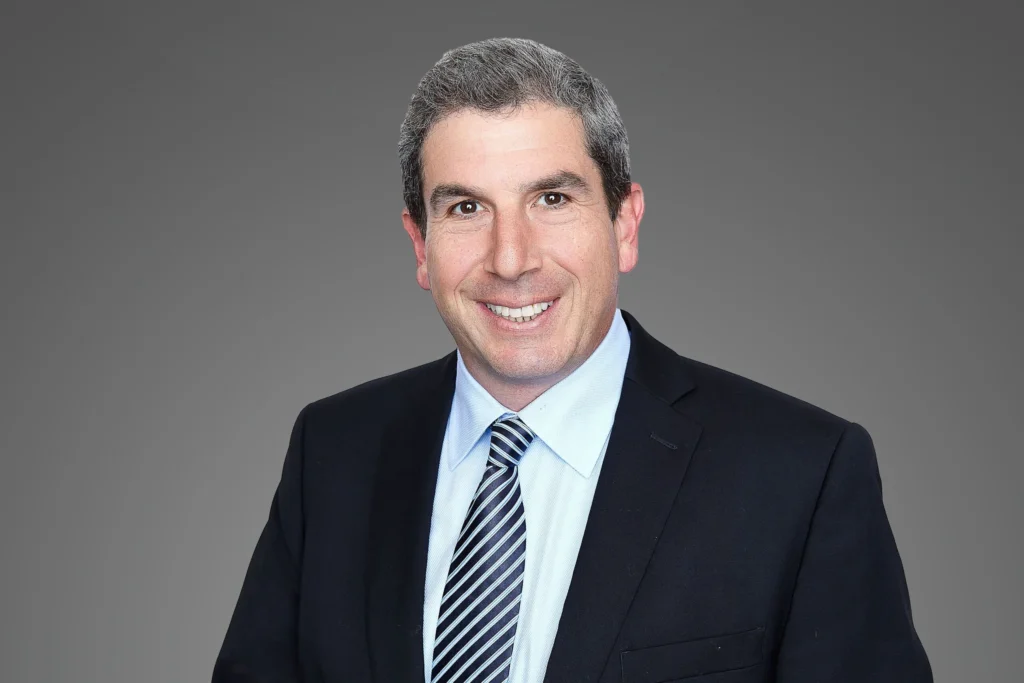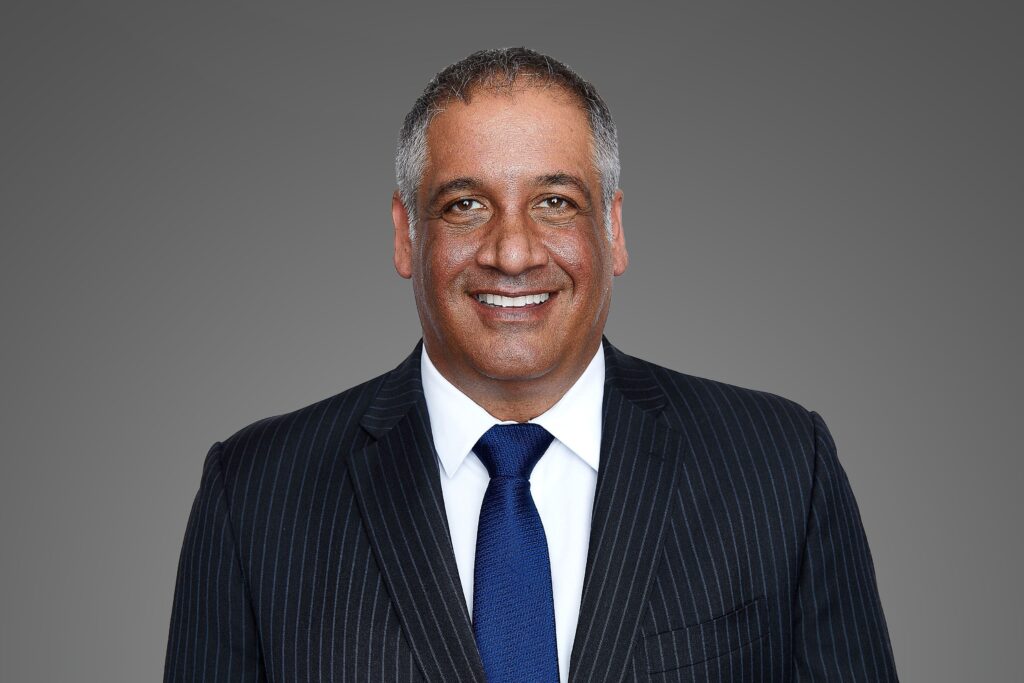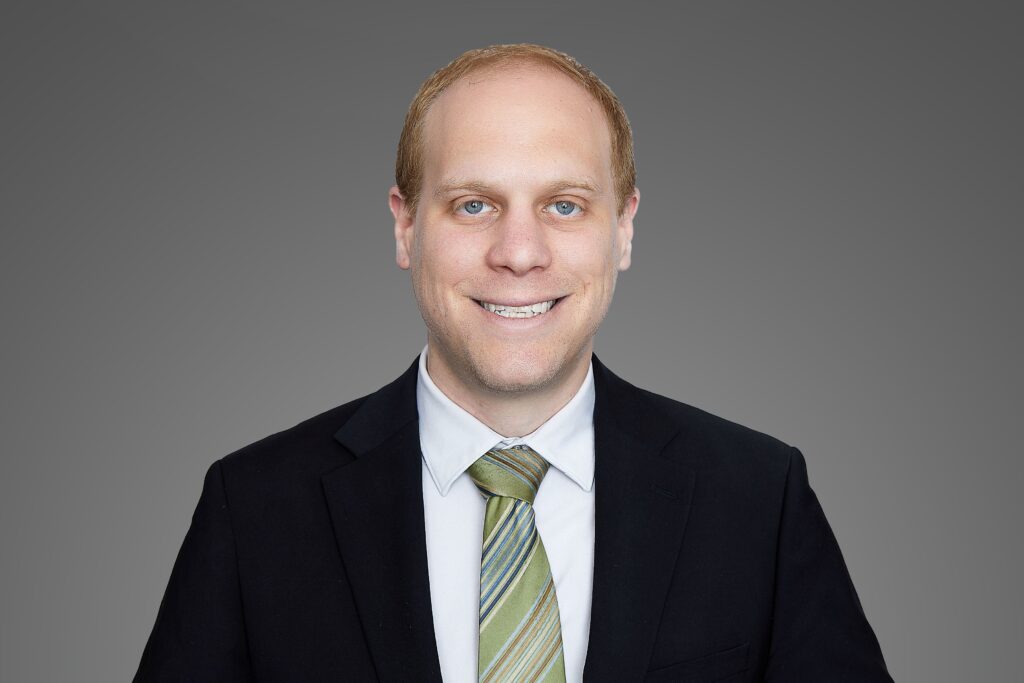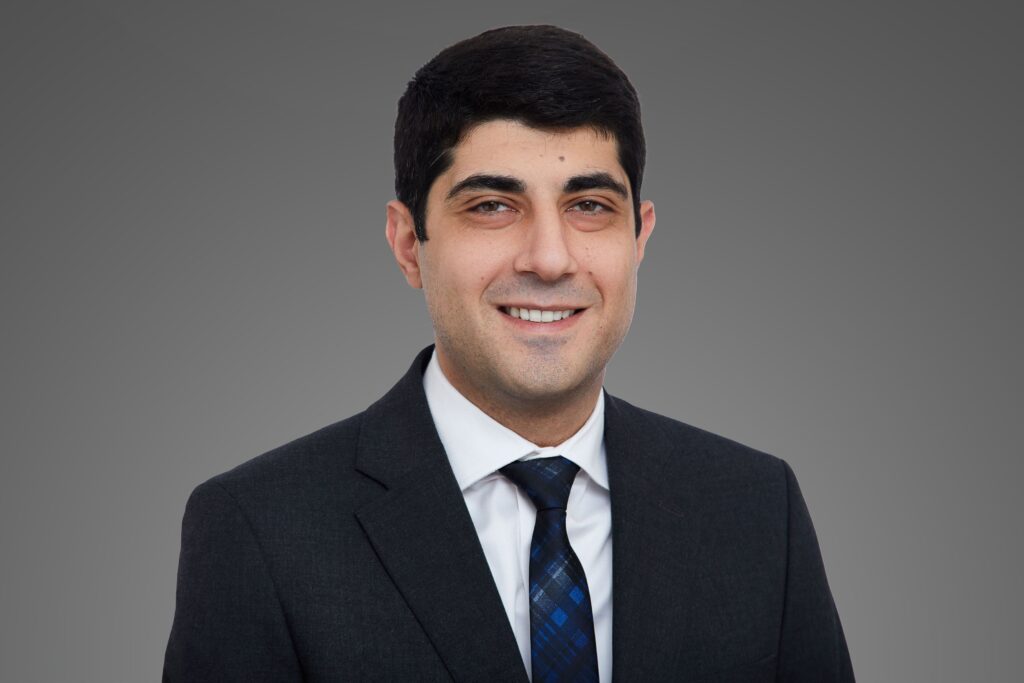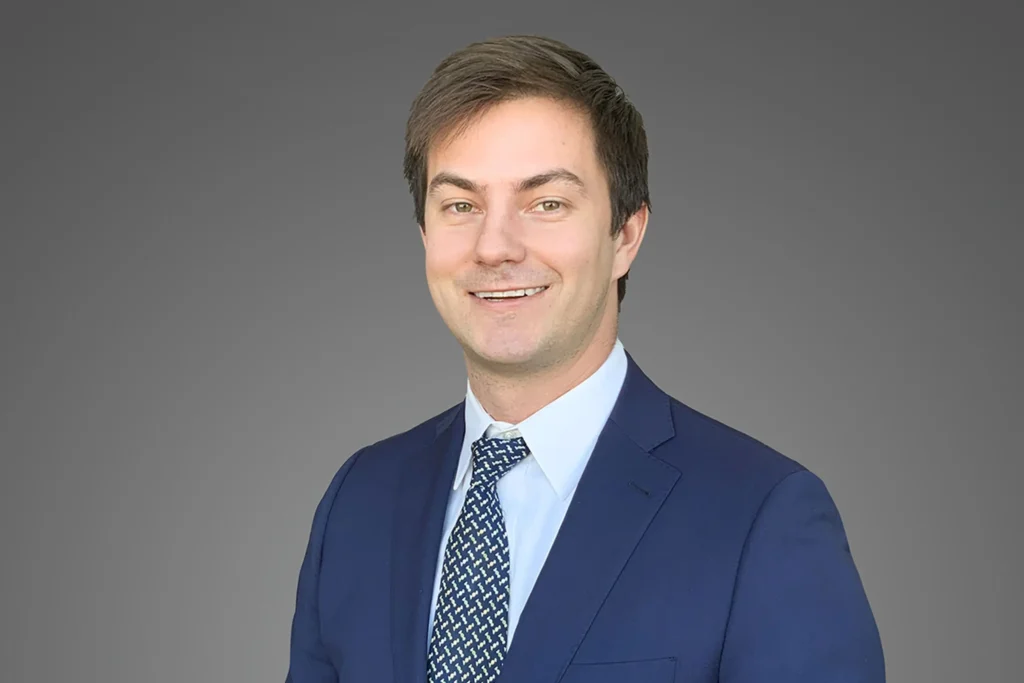California Law: Limits on Wrongful Death Claims
The complexities of wrongful death claims in California need a clear understanding of the statute of limitations. This legal timeframe dictates how long loved ones must file a claim after a tragic loss. In California, this period varies depending on the circumstances surrounding the incident.
Understanding these nuances is crucial to protecting your rights and seeking justice for your family. Consulting with a wrongful death attorney in Sherman Oaks, Los Angeles, can provide invaluable guidance through this challenging process. Don’t wait to pursue the compensation you deserve. Act swiftly to secure your family’s future and hold accountable those responsible for your loss.
Quick Summary:
- Wrongful death in California occurs when someone dies due to another person’s negligence or misconduct. That can involve various incidents such as car accidents, medical errors, defective products, or unsafe work conditions.
- Families have two years from the date of death to file a wrongful death lawsuit in California. Exceptions exist, such as the discovery rule for cases where the cause of death isn’t immediately known, and shorter limits for claims involving government entities or medical malpractice.
- Minors filing wrongful death claims have extended timelines. For instance, they can file within two years of turning 18, providing extra time compared to adult claimants.
- California’s One Action Rule requires all heirs to take part in a single lawsuit to avoid multiple legal actions against the same defendant. Exceptions allow minors left out of the initial lawsuit to file separately upon reaching adulthood.
- Wrongful death claims in California may yield economic damages (like medical expenses and lost future earnings), non-economic damages (such as emotional suffering and loss of companionship), and punitive damages in cases of egregious wrongdoing. These compensations aim to address various financial and emotional losses suffered by surviving family members.
What is Wrongful Death?
In California, wrongful death happens when someone dies because of another person’s bad actions or mistakes. This type of claim can arise in many situations.
For example, it can be due to a car accident caused by a careless driver. It might also happen because of medical errors made by doctors or hospitals. Sometimes, wrongful death claims are due to dangerous products that harm users. Lastly, unsafe working conditions can also lead to wrongful death claims.
What is the Wrongful Death Statute of Limitations in California?
A “statute of limitations” is a rule that says you must file a lawsuit within a certain time. In California, wrongful death law lets family members get compensation when someone dies because of another person’s wrongful actions. This law is found in the Code of Civil Procedure Section 377.60.
In California, you have two years to file a wrongful death lawsuit. The two-year period begins on the day the person dies. For example, if someone dies instantly in a car crash, their family has two years from that date to sue. However, if the person is in a coma for six months before dying, the two years start from the day they die, not from the day of the accident.
What are Exceptions to the Statute of Limitations for Wrongful Death?
Some exceptions to the usual time limit for wrongful death claims can make it shorter or longer to file a lawsuit. Speak with a wrongful death attorney in Sherman Oaks, Los Angeles about your case as soon as possible.
The Discovery Rule
The discovery rule means that the time limit to file a wrongful death claim usually starts on the day the person dies. However, if the family does not know right away what caused the death, the time limit does not start yet. The countdown begins only when the family learns the cause of death.
This rule helps families who find out later about the wrongful act. They still get a fair chance to file a lawsuit. Once they know the cause, they must act quickly, as the clock starts ticking.
Medical Malpractice Cases
In wrongful death cases caused by medical malpractice, the family has a limited time to file a claim. They must do so within the earlier of these two periods: one year from when they learn the death was due to medical negligence, or three years from the date of death.
Medical malpractice happens when a hospital, doctor, or other healthcare provider causes harm to a patient. That can be through careless action or not acting when they should have.
Claims Against the Government
If a government agency or employee caused a wrongful death, you only have six months to file a claim. This time limit is much shorter than in other cases.
For example, you might sue a government entity if an accident happened at a public school. You could also sue if a government-owned vehicle caused a car accident. Another example is medical malpractice at a publicly run hospital. Because the time limit is so short, acting quickly is crucial.
Minors Taking Legal Action for Death of a Parent
There is a specific rule for minors filing a wrongful death claim for a parent’s death. The minor must file the claim within two years of turning 18. For example, if a parent dies in a work accident caused by a faulty machine and is survived by a 12-year-old daughter, the daughter has extra time.
She doesn’t need to file the claim before she turns 14. Instead, she has until she turns 20 to file the wrongful death claim. This rule gives minors more time to seek justice for their loss.
What is California’s One Action Rule?
California’s “one action rule” says that all heirs of a wrongful death victim must come together to file one lawsuit. This rule helps avoid multiple lawsuits against the same person and makes the court process smoother. There is an important exception to this rule.
If heirs were minors (under 18) and were not included in the first lawsuit, they could file a new lawsuit when they become adults. However, other heirs who do not join the first lawsuit will probably lose their right to get any money later. This rule makes it critical for all heirs to cooperate in the initial case.
What If My Loved One Was Injured for Some Time and Then Died?
If someone is hurt because of someone else’s carelessness, they can file a personal injury lawsuit. If that person dies from their injuries before the case is resolved, their family can still pursue the lawsuit for compensation under the personal injury claim. After settling the personal injury case, the family can also file a wrongful death lawsuit.
However, they can’t claim damages already covered in the personal injury settlement. This process allows families to seek justice and compensation for their loss through legal means.
Who Can File a Wrongful Death Claim in California?
In California, not all family members can seek compensation for wrongful death. The law specifies who can claim damages:
- Spouses or domestic partners who survived the deceased
- Children of the deceased, including stepchildren who depended on them for at least half of their financial needs
- Grandchildren who were financially supported by the deceased
- Other minors relied on the deceased for at least half of their financial support
- Anyone who would inherit from the deceased under California’s laws if there’s no will
If you’re unsure if you qualify as a beneficiary, a wrongful death attorney in Sherman Oaks, Los Angeles can explain how California’s laws apply to your situation. It’s crucial to understand your rights under the law to ensure you can seek justice and compensation for your loss.
What Compensation Can I Get From a Wrongful Death Claim?
In wrongful death claims, there are three main types of compensation that family members may receive: economic, non-economic, and punitive damages. These damages can help cover various losses resulting from the death of a loved one, including:
Economic Damages
Economic damages are quantifiable losses a spouse or other immediate family members have suffered due to the wrongful death of a loved one. They may include:
- Medical costs linked to a deadly injury or illness
- Costs for the funeral and burial
- Loss of what the deceased would have earned in the future
- Loss of benefits like health insurance or retirement funds
- Loss of inheritance rights
- Value of household tasks the deceased would have done
Non-Economic Damages
Non-economic damages are even tougher to calculate because they involve intangible losses suffered by the family. These types of wrongful death damages often include:
- Emotional pain and suffering experienced by loved ones of the deceased
- Loss of guidance, advice, and care from the deceased
- Loss of companionship, love, and time spent together with the deceased
- Loss experienced by a spouse due to the death
California has no limit on the amount of money you can receive in wrongful death cases, except for medical malpractice claims. For medical malpractice, there is a maximum of $250,000 that can be awarded for non-economic damages like pain and suffering.
Punitive Damages
Unlike other types of compensation, punitive damages in California wrongful death cases aren’t meant to compensate the family but to punish the defendant for very bad or reckless actions and discourage them and others from doing the same. These damages can only be given if the death happened because of a felony. In a survival action, punitive damages can’t be given, unless the deceased suffered some financial losses before passing away.
Trusted Legal Advocates in Personal Injury and Wrongful Death in California
At Haffner Law, we understand the emotional and financial toll that comes with losing a loved one due to wrongful death. Our team is dedicated to guiding you through California’s statute of limitations with clarity and compassion. With years of experience in personal injury law, including navigating complex legal timelines, we are committed to fighting for justice on your behalf.
Our firm stands ready to support you every step of the way, from initial consultation to case resolution. We prioritize personalized attention to ensure your unique needs are met, and we are prepared to handle the intricacies of your case with competence. Trust Haffner Law to advocate fiercely for your rights and pursue maximum compensation for your loss.
Contact us today to schedule a free case review with our trusted wrongful death attorney in Sherman Oaks, Los Angeles. Let us help you secure the justice and closure your family deserves. We can also represent you in FedEx Accidents and USPS Accidents.

